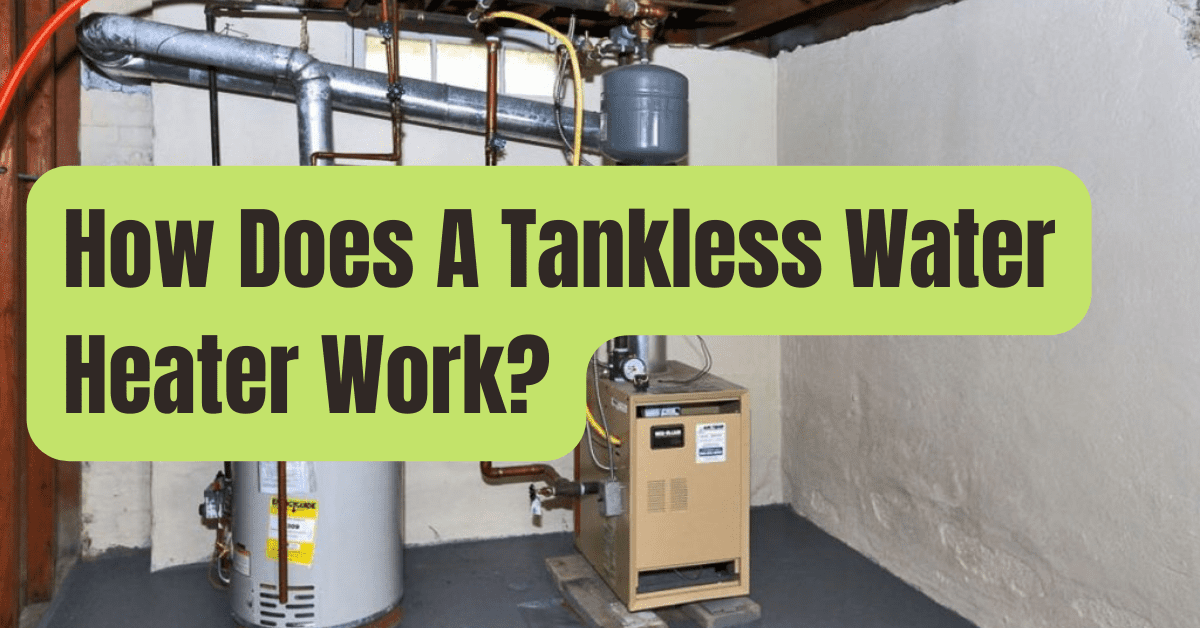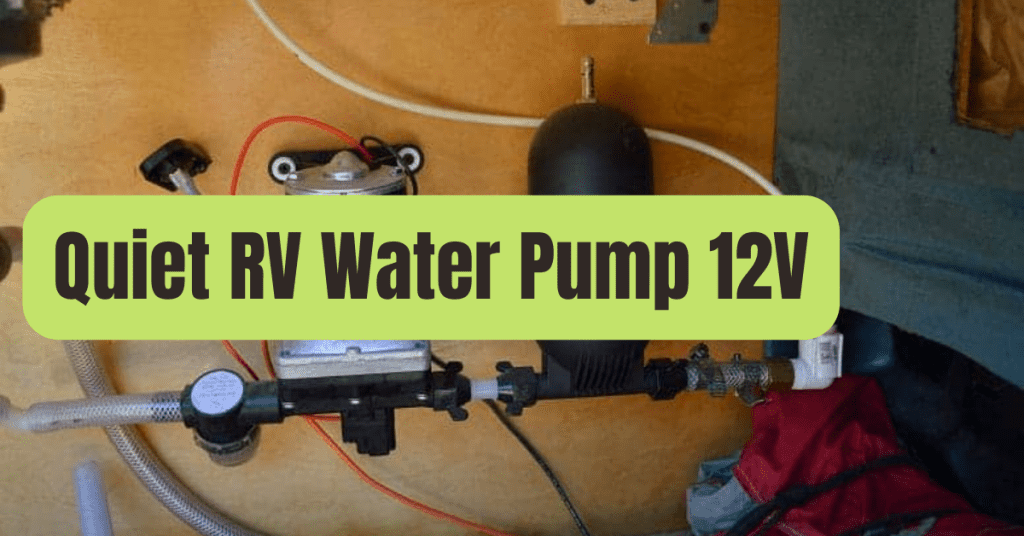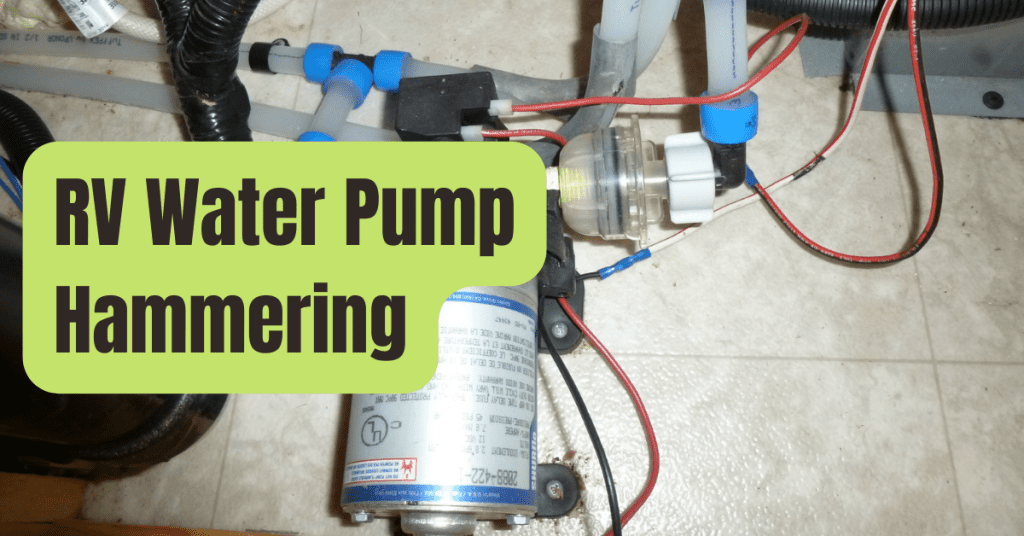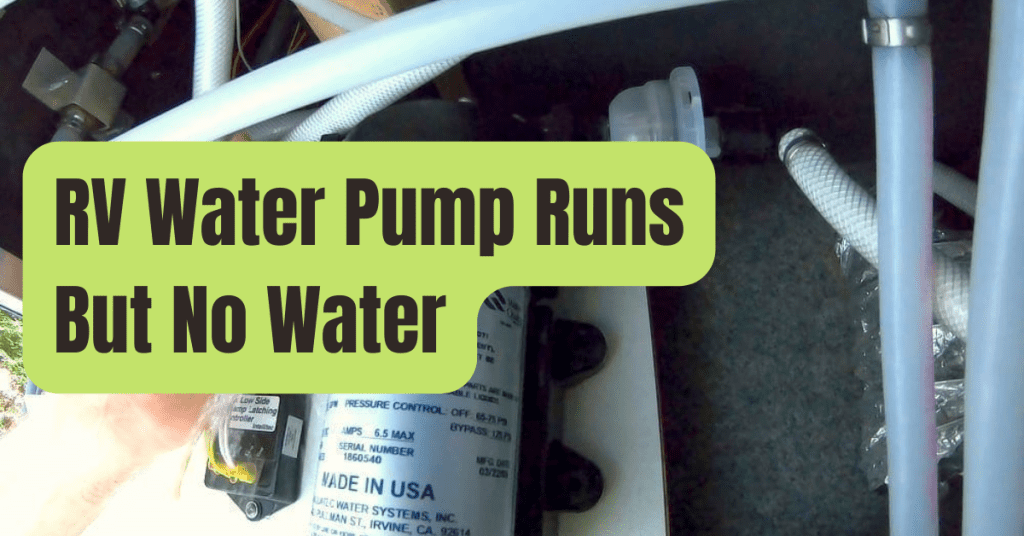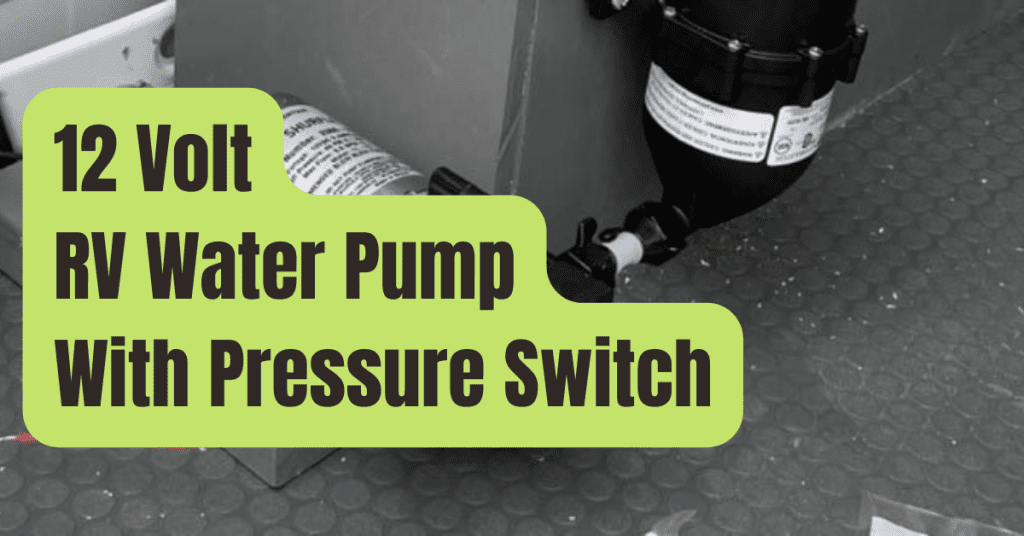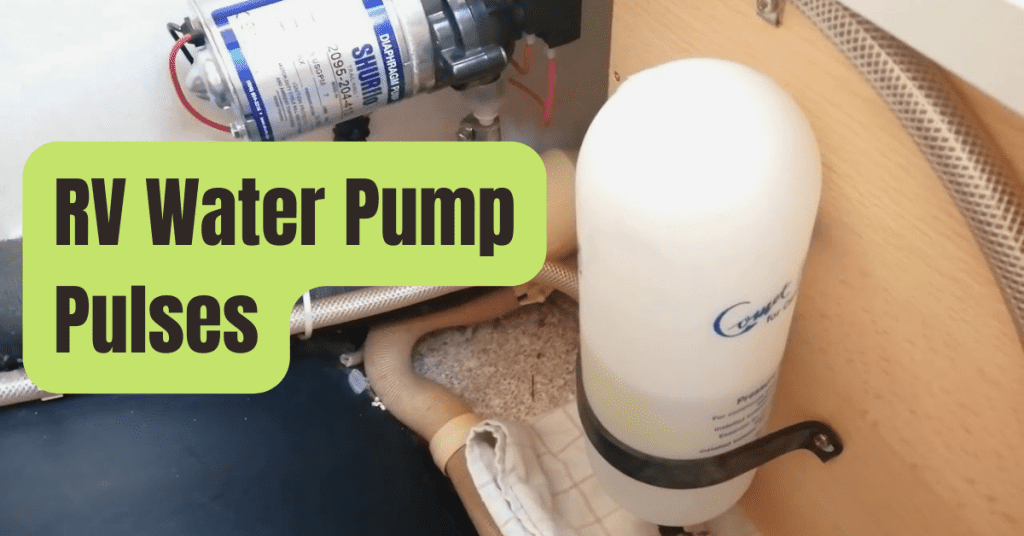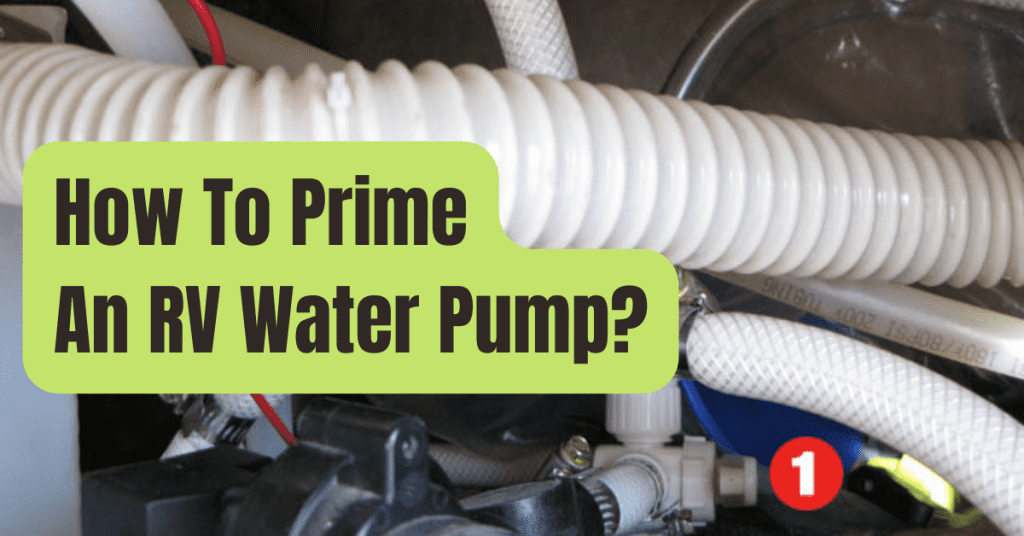Tankless water heaters warm the water as it passes through a pipe and into the unit using an electric element or a gas burner.
This gives rapid comfort and convenience and an almost limitless supply of hot water.
The hot water supply is not kept in the tank as it is with conventional water heaters.
Because of this, a tankless water heater is a sensible choice for energy saving.
Continue reading to find out more about tankless water heaters, their operation, and the details you need to choose the best one for your house.
Flow Rate of a Tankless Water Heater
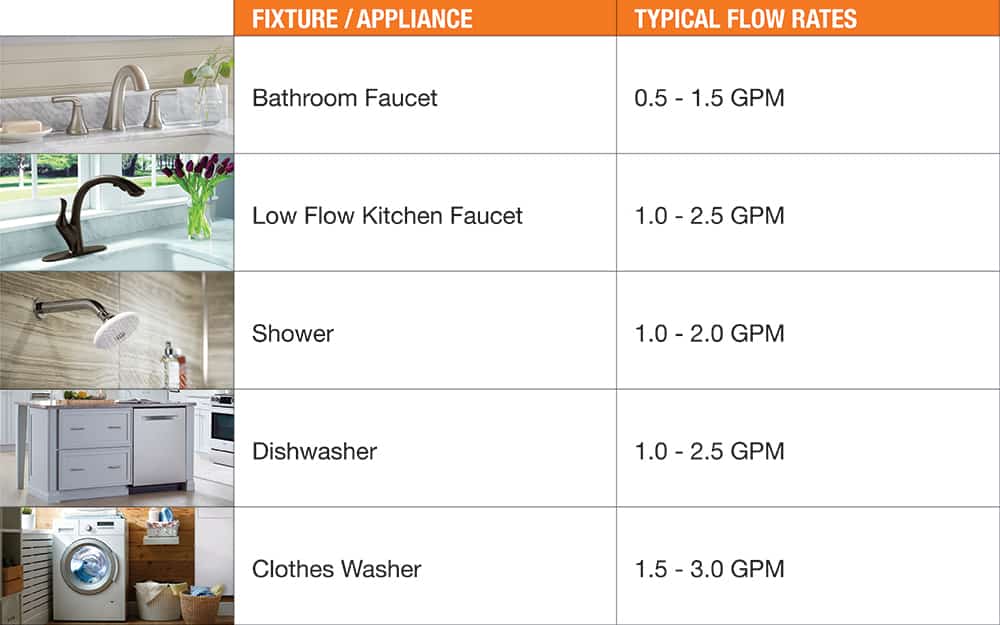
Gallons per minute are used to quantify hot water consumption (GPM).
This measures the amount of hot water that will flow continuously from a water heater.
Add the GPM for the primary fixtures and appliances that you anticipate using simultaneously to calculate the required GPM for your house.
Example:
The flow rate through the water heater would need to be at least 2.5 GPM if you regularly operate a bathroom faucet with a flow rate of 1.0 GPM and a shower head with a flow rate of 1.5 GPM concurrently.
Temperature of the Ground for Tankless Water Heaters
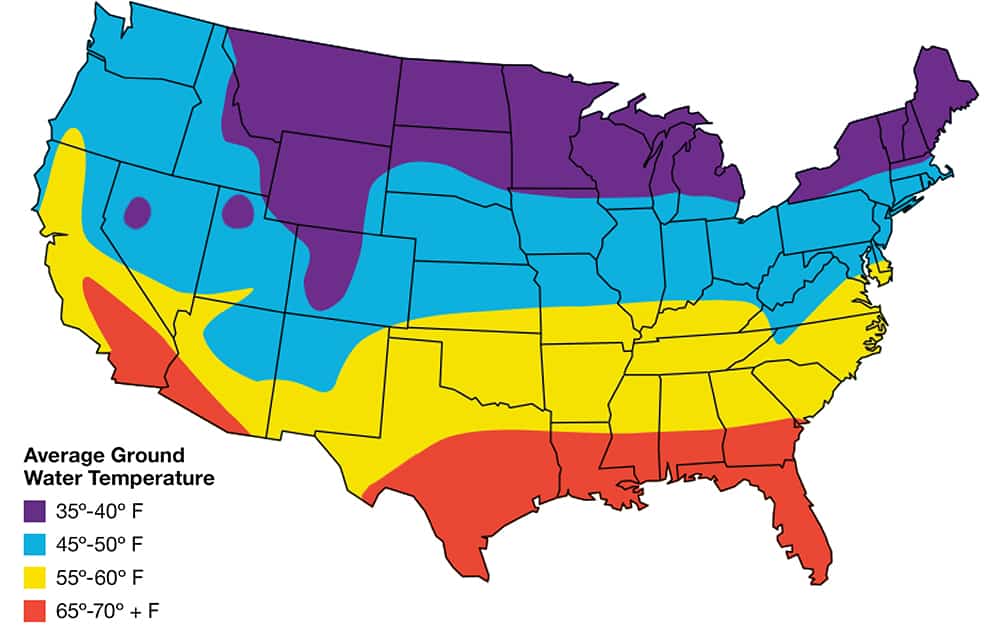
It’s crucial to take the temperature of the ground water into account when selecting the finest tankless water heater for your house.
How chilly is the water coming in? To calculate the temperature increase, this information is required.
Start with the anticipated lowest ground water temperature for your region and use the map above to estimate typical ground water temperatures.
Then, determine the temperature difference between the intended output temperature and the ground water’s input temperature.
You should heat your water to between 100 and 115 degrees for the majority of usage.
Example:
You reside in Atlanta, where the groundwater temperature is 55 degrees, and your needed flow rate is 2.5.
A water heater that can raise the temperature by at least 45 degrees would be required.
Additional Considerations for Tankless Water Heaters
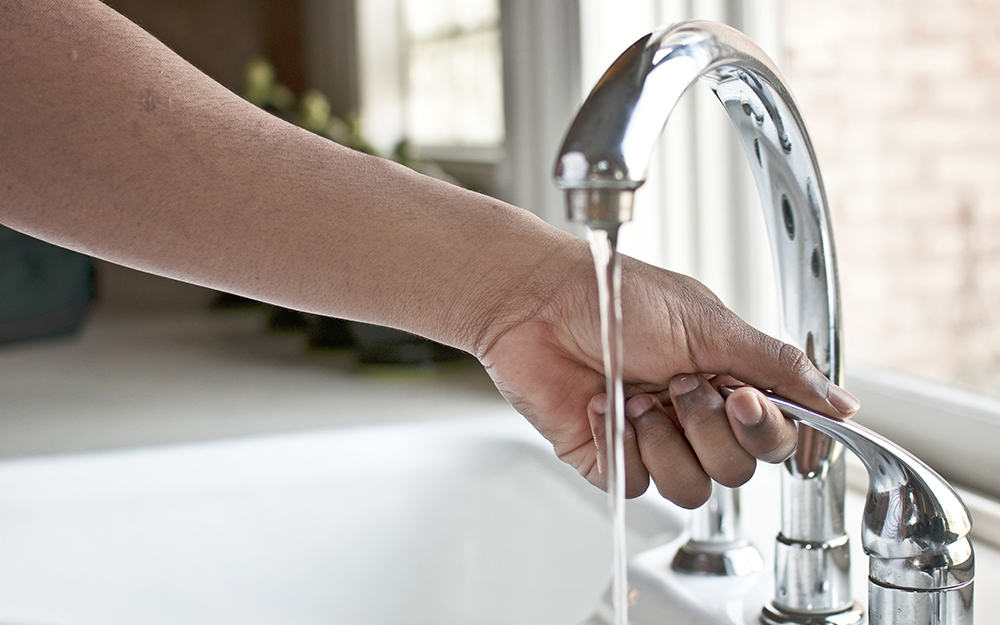
Determine how you want the water heated before deciding between gas and electric tankless water heaters.
Tankless electric water heaters heat the water using an electric element, whereas tankless gas water heaters heat the water using a gas burner.
The maximum GPM flow rate for various necessary temperature increases is listed for each tankless water heater.
The ideal tankless water heater for your requirements may be chosen after you have assessed your needed temperature increase and peak water flow demand in gallons per minute.
See below for a list of reasons why you should consider one for your house.
Ongoing Comfort
- For lengthy, pleasant showers or soothing baths, tankless hot water heaters may provide an almost limitless supply of hot water.
- With innovative features like self-diagnostic programs, cutting-edge sensors that prevent the unit from overheating, and automatic shut-off systems, they guard the home from scorching.
Convenience
- Tankless designs are small and efficient with space.
- Ideal for use in outdoor sinks, jacuzzis, and pool showers as well as new houses, retrofits, expansions, and vacation homes.
- Many come with modern extras like remote controls and thermostats with digital displays.
Conservation
- Most versions save residential energy costs by up to 40%.
- An average tankless water heater may last up to 20 years. By doing this, less garbage will end up in landfills and less energy will be needed to heat water.
- There are various versions that are ENERGY STAR® certified.

